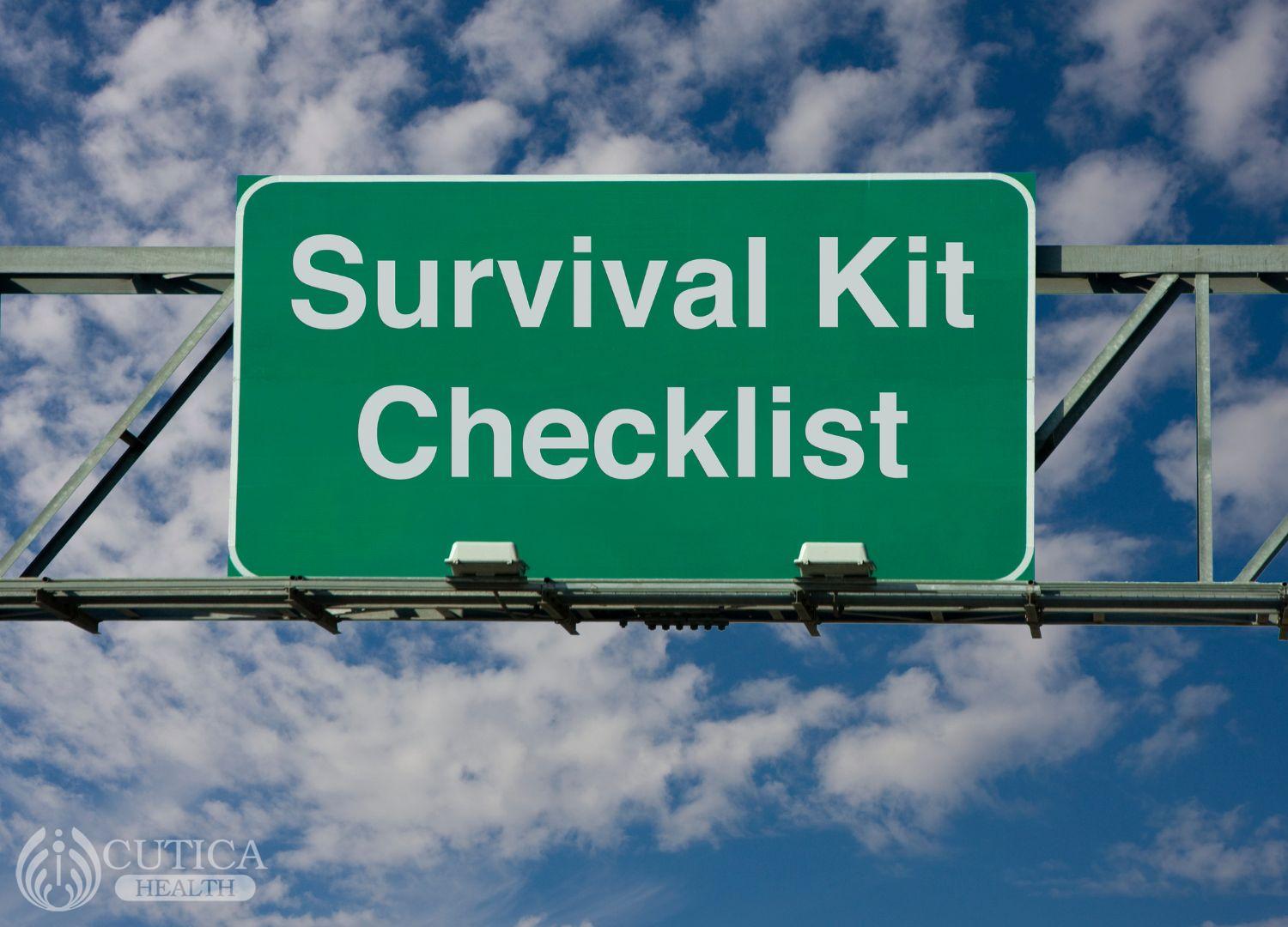The allergy season is coming around and Anita is worried as usual. She knows that the dry and cold season spells doom for her as her allergies go into overdrive. Last year was one of the worst years for her allergies and she desired to have a better experience this year so that she could enjoy the period with friends and family like every other person. What she should do?
Introduction
As the allergy season approaches, many individuals eagerly anticipate spending time with family and friends. However, for those prone to allergies, the allergy season poses unique challenges. Managing allergies becomes essential to ensure a comfortable and symptom-free experience. Below are some practical steps to take concerning managing allergies.
Identify Common Allergens: Understanding the specific allergens prevalent during the allergy season is the first step in effective allergy management. Common triggers include trees, decorations, dust mites, pet dander, and certain allergic foods. Recognizing these allergens allows for targeted preventive measures.
Maintain a Clean and Allergy-Free Home Environment: Regular cleaning is crucial to manage indoor allergens. Prioritize vacuuming, dusting, and washing linens to eliminate dust mites and pet dander. Consider using air purifiers with HEPA filters to reduce airborne allergens and maintain optimal indoor air quality.

Choose Allergy-Friendly Foods: Food feasts often feature an array of foods that may trigger allergies. Communicate dietary restrictions to hosts and choose allergy-friendly recipes when hosting events. Labelling dishes with ingredients can help guests with allergies make informed choices, fostering an inclusive and safe environment.
Be Mindful of Fragrances: Scented candles, potpourri, and air fresheners may contribute to allergic reactions. Opt for fragrance-free alternatives to create a pleasant atmosphere without triggering sensitivities. When attending gatherings, politely inquire about the use of scented products and communicate any fragrance-related concerns.
Stay Informed About Weather Conditions: Outdoor activities are common during the allergy season, and weather conditions can impact allergy symptoms. Keep track of local weather forecasts, particularly pollen counts and mold spore levels. Planning activities on days with lower allergen levels can help minimize exposure.
Pack an Allergy Survival Kit: For individuals with known allergies, having an allergy survival kit can be a game-changer. Include essentials such as antihistamines, epinephrine auto-injectors (for severe allergies), nasal sprays, and any prescribed medications. Being prepared ensures quick and effective relief in case of accidental exposure.
Conclusion

Managing allergies requires proactive measures. By identifying common allergens, choosing allergy-friendly alternatives, maintaining a clean environment, and communicating openly with others, individuals can enjoy a symptom-free and festive allergy season. With these strategies in place, everyone can partake in the day-to-day activities while prioritizing health and well-being.


